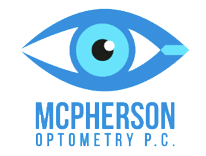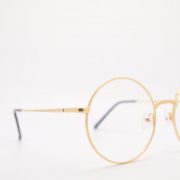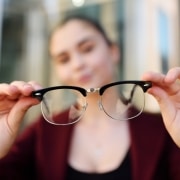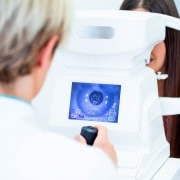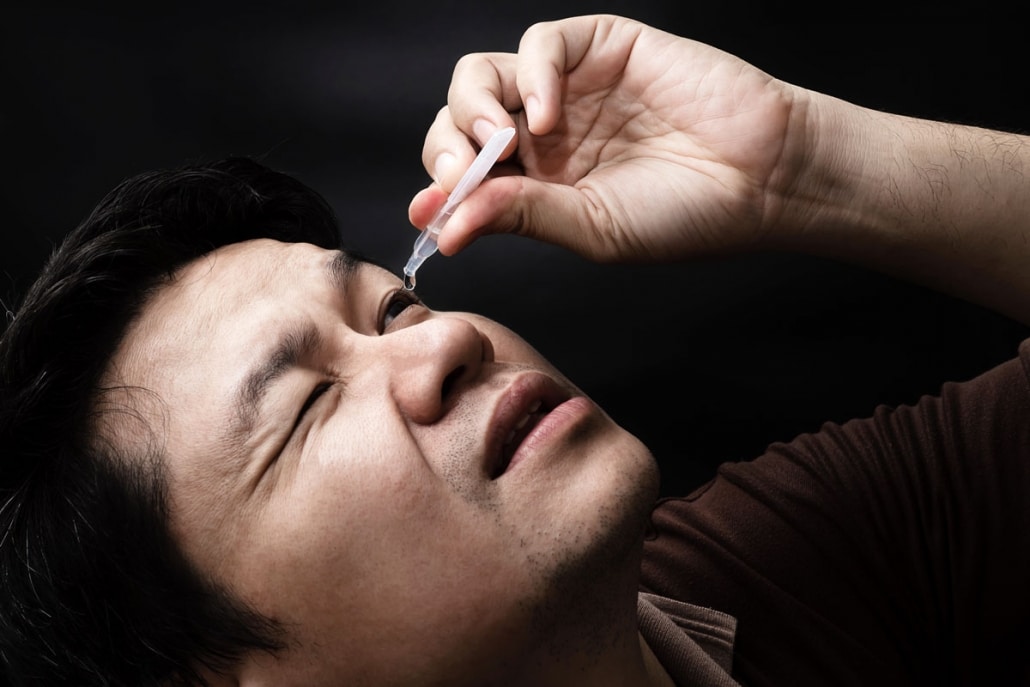Can Strabismus be Corrected?
Strabismus is the official term for what is commonly called “crossed eyes.” However, the word strabismus indicates any abnormal alignment of the eyes. In some cases of strabismus, the eyes are not crossed entirely, but focus in slightly different directions. In fact, some mild cases of strabismus are hardly noticeable to others, although it will nearly always cause conspicuous vision problems in the person suffering with strabismus. Untreated strabismus can result in lifelong vision difficulties, such as blurred vision, chronic headaches and worse.
Different Categories of Strabismus
Strabismus can present in various ways. The way in which it presents helps the optometrist in North Syracuse, NY to diagnose, categorize and treat the condition. The different types of strabismus are:
- Esotropia, where eyes are turned inward
- Exotropia, where eyes are turned outward
- Hypertropia, where eyes are turned upward
- Hypotropia, where eyes are turned downward
Note that one or both eyes may be affected.
Can Strabismus be Treated?
Strabismus causing vision problems, but it usually also causes emotional concerns, such as lack of ability to learn, develop and grow intellectually and socially. Because the condition is so visible to others, it can result in a lack of confidence or a tendency to withdraw and isolate from society. Thankfully, there are treatments for strabismus for people of all ages, including infants. Treatment for strabismus in North Syracuse, NY is available from your optometrist.
Treatments For Strabismus
Treatment for strabismus will depend upon the age of the person, as well as the category, form and severity of the condition. Treatment options include:
- Corrective lenses, such as eyeglasses or contact lenses
- Special prism lenses
- Prescription eye drops and/or ointment
- Eye patch
- Surgery
Remember that your optometrist will bear in mind the age and condition of the patient before recommending any treatment option. For instance, an infant can’t wear contacts or eyeglasses, but an eye patch might help. Barring non-invasive results, surgery may be necessary.
Strabismus is a condition of the eye muscles. As such, treatment is readily available and highly effective. For best results, contact your optometrist early and regularly for eye exams. The sooner that strabismus is diagnosed and treated, the faster you or your loved one can get on with life with good vision. Contact us to book your appointment now.
